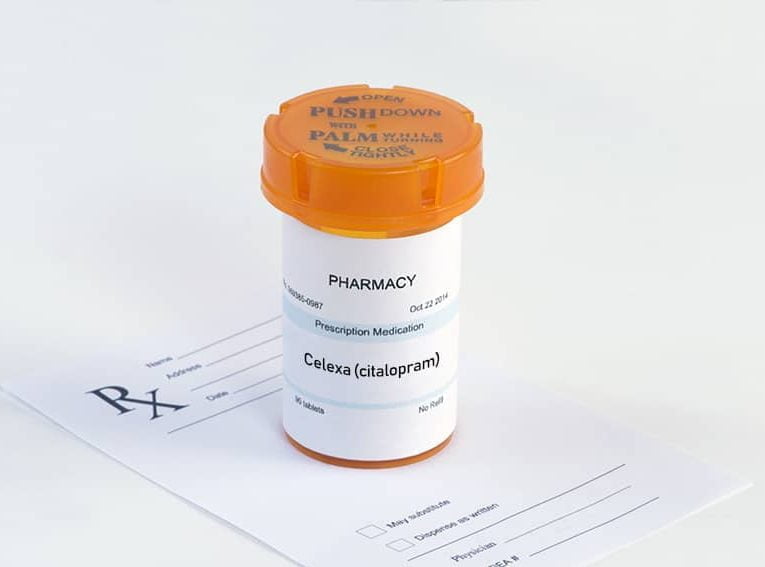Celexa is a commonly prescribed medication used to treat depression and anxiety disorders. Categorized under the selective serotonin reuptake inhibitors (SSRIs), this drug functions by increasing serotonin levels in the brain.
Although Celexa is generally considered safe and effective, it can still cause side effects, like any medication. This blog post will discuss both the common and rare side effects linked to Celexa.
Common Side Effects of Celexa
The most frequently reported side effects of Celexa include:
- Nausea: Some individuals may experience nausea or vomiting, especially when first starting Celexa.
- Dry Mouth: The medication can reduce saliva production, leading to a dry mouth.
- Drowsiness: Celexa may cause drowsiness and fatigue, which can affect daily activities.
- Insomnia: Some users may have trouble sleeping.
- Headaches: Headaches are a commonly reported side effect for some users.
- Dizziness: Celexa can cause feelings of dizziness or lightheadedness.
- Sexual Dysfunction: The drug can affect sexual function, leading to reduced libido, difficulty achieving orgasm, or erectile dysfunction.
Note: These side effects are generally mild and temporary, often diminishing as the body adjusts to the medication. If these symptoms persist or become bothersome, consult your healthcare provider.
Rare Side Effects
In rarer cases, Celexa may cause more severe side effects, such as:
- Suicidal Thoughts: Particularly in young adults under 25, Celexa can sometimes increase the risk of suicidal thoughts or behaviors.
- Serotonin Syndrome: By elevating serotonin levels in the brain, Celexa can potentially cause serotonin syndrome, a severe condition characterized by symptoms like agitation, confusion, rapid heart rate, high blood pressure, and fever.
- Abnormal Bleeding: Celexa can affect blood clotting, increasing the risk of bleeding, especially for those on blood thinners. Signs may include easy bruising or unexplained bleeding.
- Mania: Celexa can trigger manic episodes in some individuals, marked by excessive excitement, energy, and impulsive behavior.
- Seizures: The medication can lower the seizure threshold, raising the risk of seizures, especially in people with a history of seizures or epilepsy.
Conclusion
Celexa is an effective treatment for depression and anxiety disorders. While most people do not experience serious side effects, it’s essential to be aware of the potential risks.
If you experience any side effects, consult your healthcare provider. For serious or life-threatening side effects, seek medical attention immediately.
